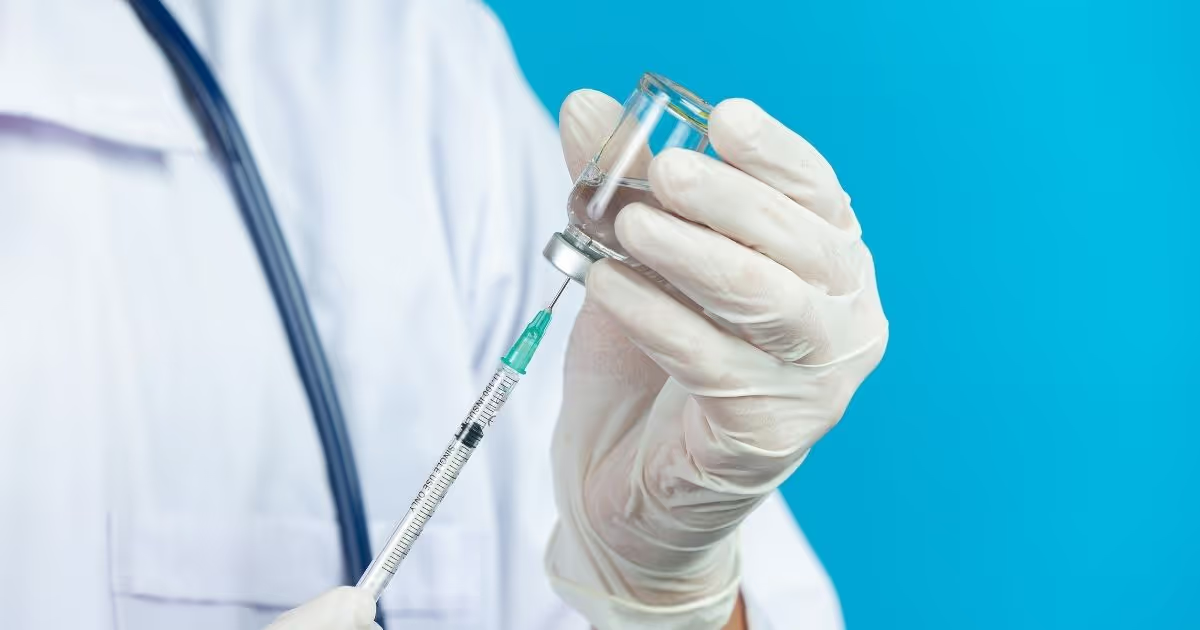Tetanus
Tetanus is a disease that caused by a bacteria toxin. It is a severe and painful disease, and it affects the nerve tissue resulting in muscle contractions in the area of jaw and neck muscles. As soon as the toxin enters the nerve ending, it takes up to several months to fully recover from the infection.
Symptoms
The tetanus symptoms can start appearing from couple of days to several weeks after the bacteria is in the body through the wound. The incubation period is approximately around seven to 10 days. Common symptoms of tetanus are as follow:
- Trismus
- Stiff neck muscles
- Swallow problems
- Stiff abdominal muscles
- Body spasms that are causing pain and last for many minutes, these body spasms are triggered by draft, loud noises, touch, or light
- Fever
- Sweats
- Increased blood pressure
- Fast heart rate
When to see a doctor
The patient should make an appointment with the doctor to get a tetanus booster shot, especially if the patient hasn’t had a shot for ten years. The patient should also get the shot if they have a deep wound and haven’t previously received a booster shot in the past five years.
In case the patient is unsure when he or she receives the last booster, it is advised for the patient to get the booster shot.
Causes
The cause of tetanus is a toxin found in bacteria spores called Clostridium tetani. These bacteria can be found in soil, dust, as well as animal feces. When these spores got into a deep flesh wound, they evolve into a toxin that results in a nerve impairment and affect the nerves responsible for controlling the muscles, causing symptoms of stiffness and spasms.
Tetanus is not a contagious disease. Most tetanus cases will happen with those who have never received tetanus vaccination or did not keep up with the 10-year booster shots.
Risk factors
Some of these factors can increase the chance of developing tetanus.
- Did not receive tetanus vaccination or unable to keep up with the booster shots
- An injury that let the bacteria spores enter the wound
- Objects that enter the skin, such as a nail or splinter
These cases cause the development of tetanus
- Puncture wounds such as splinters, body piercings, or tattoos
- Gunshot wounds
- Compound fractures
- Burns
- Wounds from surgery
- Drug injections
- Insect bites
- Foot ulcers that become infected
- Dental infections
- Infected umbilical stumps in newborns from mothers that did not get an adequate amount of vaccine needed
Complications of tetanus infections are:
- Broken bones – The severe symptoms of spasms may lead to a broken spine or other bones.
- Pulmonary embolism - A blood clot that has traveled from other parts of the body can result in the blockage in your body that can block the pulmonary artery.
- Fatality - Severe infections from muscle spasms can interfere with breathing causing respiratory failure, which is the common cause of death for tetanus. The severity can also lead to lacking oxygen, which leads to cardiac arrest and death. Another cause of death from tetanus is pneumonia.
Prevention
Tetanus vaccine can help prevent tetanus.
Vaccine series for children
Tetanus vaccine is given in combination with the DTaP vaccine to children. This vaccination protects against three diseases: diphtheria, pertussis, and tetanus.
The DTaP vaccine series consists of five shots and will be given at different age, respectively:
- 2 months
- 4 months
- 6 months
- 15 to 18 months
- 4 to 6 years
The booster
The tetanus vaccine booster will be given along with a diphtheria vaccine (Td) booster. Tetanus, diphtheria, and pertussis (Tdap) vaccine were also approved in 2005 to use in teens and adults under age 65 to ensure continued protection against pertussis.
Adolescence between the ages of 11 and 12 should get a dose of a Tdap and a dose of a Td booster every 10 years. If the patient has never received a Tdap dose, the patient can get the Td booster dose as a substitution, and then next time; the patient can continue with a dose of Td booster.
It is vital to keep up-to-date with all the vaccinations and regularly discuss the vaccine with the doctor.
Consult with the doctor about getting a Tdap vaccine if you have never been vaccinated when you were young.
Diagnosis
The doctor will diagnose tetanus by performing a physical exam and performing a history checking on the patient's medical and immunization. The doctor will also ask questions about muscle spasms, stiffness, and pain that the patient is experiencing.
Treatment
The treatment for tetanus comprises wound care. The doctor will also prescribe medications to relieve symptoms.
Wound care
Cleaning the wound is a necessary treatment to prevent tetanus spore’s growth. The patient needs to remove dirt, objects, and dead tissues from the wound.
Medications
- Antitoxin – The doctor may prescribe antitoxin; however, antitoxin can only help neutralize toxin that has not yet becoming attached to the nerve tissue.
- Antibiotics – The doctor may prescribe antibiotics for the treatment of tetanus bacteria.
- Vaccine – Those with tetanus needs to get the tetanus vaccine as soon as they have been diagnosed with tetanus.
- Sedatives – In general, the doctor will prescribe sedatives to manage muscle spasms symptoms.
- Other medicines - Sometimes, doctors will prescribe different types of drugs such as magnesium sulfate and some beta-blockers to help manage the heartbeat and breathing. Sometimes morphine and sedation may also be used for this situation.








